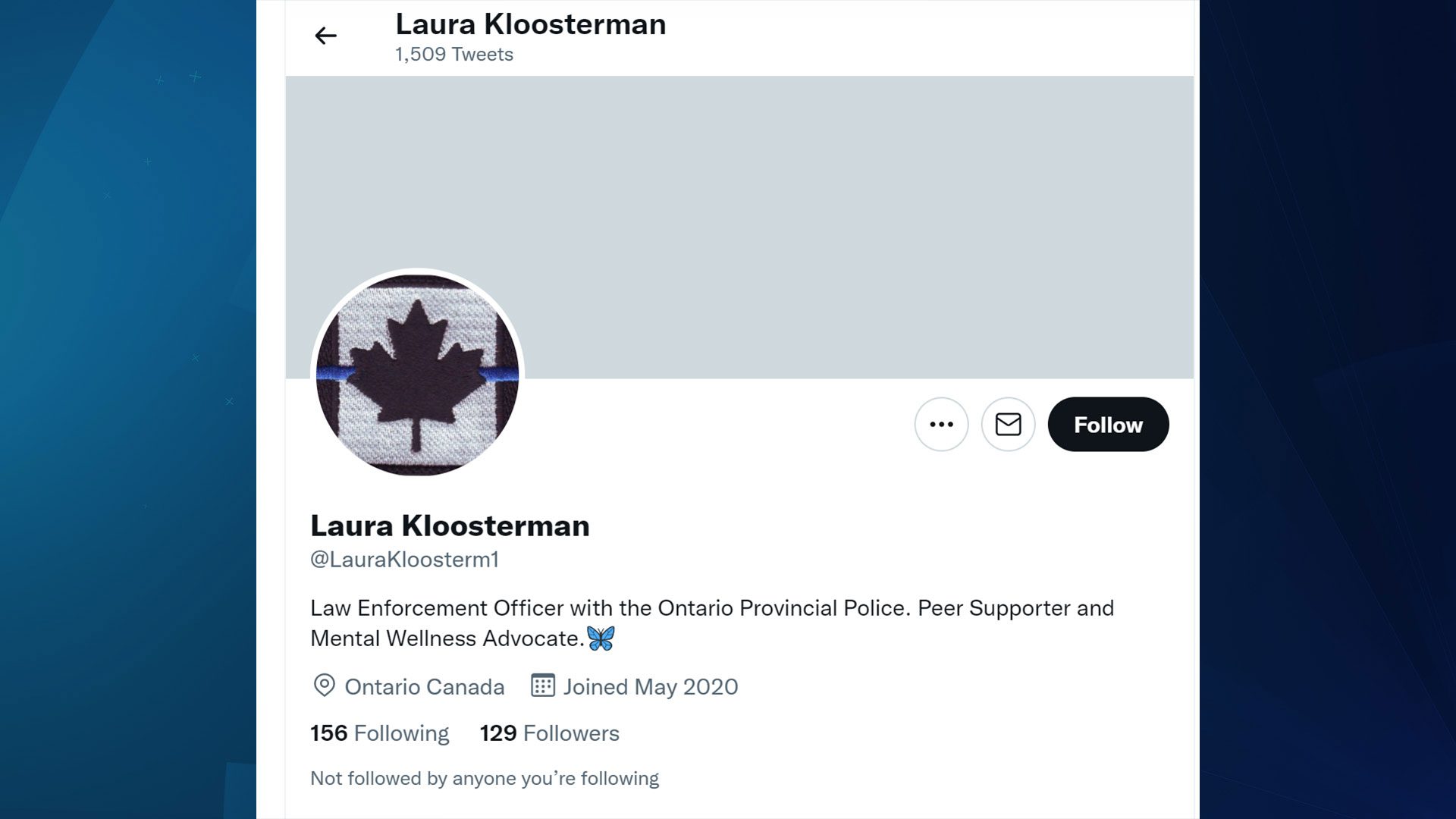The chair of the Thunder Bay Police Service Board is apologizing to families whose loved ones’ sudden deaths need to be re-examined.
Kristin Oliver also says, despite previous reports, the board is not the focus of any ongoing investigations into the Thunder Bay Police Service (TBPS) and members of its administration.
It’s the first time since a confidential report was leaked to some news outlets earlier this month, including APTN News, the board chair has spoken publicly and answered questions from the media.
That report, submitted by a blended investigative team (BIT), found the sudden deaths of 14 Indigenous people warranted further investigation.
The concerns raised in the report include incomplete police investigations and lack of coroner involvement.
Unsolved cases
The report also confirmed there were 25 unsolved missing and murdered Indigenous women and girls (MMIWG) cases sitting with the Thunder Bay police criminal investigation branch.
“Some of these MMIWG cases predate 2000 and have remained open and unresolved for over 20 years,” the team wrote in its report. “The BIT has not reviewed the 25 unresolved MMIWG cases and would like to bring these cases to the EGC (executive governance committee of the task force) in consideration for review.”
All of these deaths – in addition to nine other death investigations – are being re-examined as a result of the 2018 Broken Trust report.
“I certainly feel for these families,” Oliver told a virtual news conference Wednesday morning. “They’ve been through a lot, and I know that the (police) chief also stated the same thing.
“When we look at the re-investigations and the outcomes of these investigations, I think that these families continue to feel grief and sorrow because the closure just isn’t there, and for that I sincerely apologize that families are feeling this continuous sense of the re-investigations.”
Nearly all of the dozens of deaths that need to be re-investigated involve Indigenous people.
Read more: Lawyer shares thoughts on report calling for re-investigation into sudden deaths in Thunder Bay
“It’s not something that this community is proud of, it’s not something that this service is proud of, but I think we have to recognize that the systemic barriers that exist in multiple institutions, certainly contribute to a long-standing problem and crisis that a lot of people from Indigenous communities, in particular, are experiencing,” Oliver says.
“And when we look at the fact that the services that communities rely on – whether it’s around mental health, addictions, health care, even – they’re not getting that to the same extent that they should be, and I think that all of these are contributing factors to the fact that Indigenous people are experiencing higher rates of death.”
The Ontario Civilian Police Commission (OCPC) announced in February that an investigation is being conducted into the actions of the Thunder Bay police chief, deputy chief and its legal counsel.
The OCPC terms of reference also state “the investigation will inquire into the administration of the TBPS in light of the chief’s and deputy chief’s conduct and performance of duties, described above, and their relationship to the board.”
Despite that, Oliver says the board is not under any investigation.
Read more: Task force calls on police to reinvestigate 14 deaths of Indigenous people in Thunder Bay
“We have had it confirmed through our lawyer that the board is not part of the OCPC investigation,” says Oliver, “we’re not included in the terms of reference. But, if you also recognize in the terms of reference, it does make note that they could change.
“At this point though, we have no reason to believe the board will be under investigation.”
The OCPC and office of the Ontario Solicitor General were unable to clarify Oliver’s comments prior to this story being published.
In February, the Ontario Provincial Police also confirmed their Criminal Investigation Branch “has been assigned to ensure a complete, thorough and independent investigation into allegations related to members of the Thunder Bay Police Service.”
Following reporting on the confidential report leaked to the media, there were calls from Nishnawbe Aski Nation Deputy Grand Chief Anna Betty Achneepineskum and lawyer Julian Falconer to shut down the Thunder Bay Police Service.

“I certainly understand the concern that they’re expressing, and they’re certainly working with families that have been traumatized a number of times through all of the re-investigation process,” says Oliver, although adding: “I don’t particularly agree this police service should be disbanded.”
The police board recently set up a so-called “expert panel” with a mandate that includes “reviewing concerns raised, identifying gaps and barriers in the service, and providing recommendations for systemic and cultural change within TBPS, including specific actions that may be undertaken by the police services board and the police service.”
One of the members of the “expert panel,” Laura Kloosterman, had a Twitter profile picture of the controversial thin blue line flag – a sign of solidarity and support for police.
APTN previously contacted the board chair about the matter, to which Oliver responded via email: “We certainly understand the concerns around the use of this flag and symbolism.”
When asked about it at the Wednesday news conference, Oliver said, “We reached out immediately to advise Ms. Kloosterman of this and she apologized profusely. It was an old picture and she removed it immediately, recognizing that a thin blue line certainly does have some connotations that are not favourable or positive for many people.”
Oliver says transforming a police service is not something that can happen overnight.
But, she says, rebuilding trust is a top priority and the board stands united to “end systemic racism within the Thunder Bay Police Service.”










